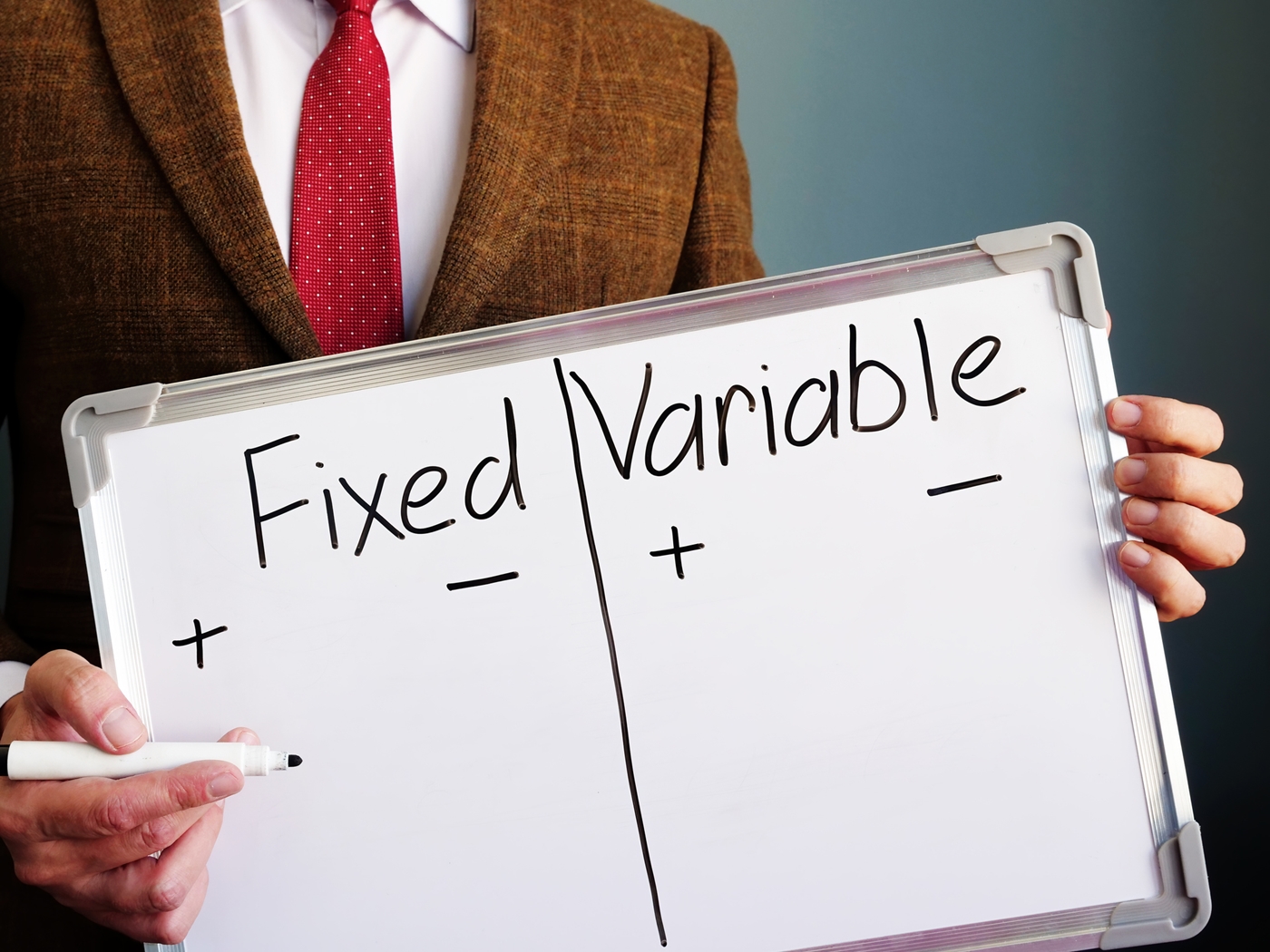With variable mortgage charges probably at a peak and stuck charges having not too long ago retreated, debtors are asking themselves the age previous mortgage query: do you have to go mounted or variable?
It’s a call being confronted by anybody out there to buy and people with upcoming renewals. And there are two colleges of thought given the place charges are and the present market dynamics.
Some will argue {that a} variable charge makes essentially the most sense for debtors who aren’t risk-averse, since they’re probably at or close to their peak for this rate-hike cycle. Dialogue has shifted from future charge cuts to the timing of potential Financial institution of Canada charge cuts, that are anticipated early subsequent 12 months and even late 2023.
Variable-rate mortgages usually additionally entail a decrease three-months’ curiosity prepayment penalty ought to the borrower break the mortgage early.
Alternatively, variable-rate mortgages are at present priced nicely above their fixed-rate counterparts with an expansion of greater than a full proportion level.
“Normally with variable charges, you get a reduction for taking over the chance that your fee may rise in future. And, you’re sometimes rewarded for taking over that threat,” mortgage dealer Dave Larock of Built-in Mortgage Planners informed CMT in an interview.
He mentioned individuals usually cite analysis by Moshe Milevsky, a professor of Finance at York College, which discovered variable charges have traditionally outperformed mounted charges 88% of the time.
“The problem now could be that charges have shot up. We’ve seen the sharpest sequence of charge will increase within the postwar period,” Larock mentioned. “And the query then turns into, is it price it to pay a premium at this time on the guess that your variable charges are going to return down over the following 5 years?”
Larock notes the present consensus recommends most debtors to get a hard and fast charge, “And I’d advise most individuals to try this.”
Ron Butler of Butler Mortgage agrees. He not too long ago commented on the mounted vs. variable dialogue in a Twitter thread underneath the heading: “Why no one ought to take a variable charge that’s greater than a short-term mounted charge.”
He mentioned the publish was in response to calls by some to take the next variable charge at this time on the presumption that they may absolutely fall throughout the subsequent 12 months or two.
Nonetheless, he argued that variable charges must be decrease than comparable mounted charges in an effort to justify the added threat the borrower is taking over.
“Variables must be [at] a transparent low cost to mounted, sometimes a 1% to 1.25%-lower charge than short-term 1- to 5-yr fixeds,” he wrote.
He additionally reminded followers that if the Financial institution of Canada raises its benchmark charge any additional, anybody getting a higher-priced variable charge at this time will probably be paying much more in curiosity than had they taken a hard and fast charge, with no assure as to the timing that charges will start to fall.
“It’s loopy to pay further for added threat,” he famous.
If you happen to do select mounted…
For well-qualified debtors contemplating a fixed-rate mortgage, most are seemingly higher off committing to a shorter, extra versatile time period, says Rob McLister, editor of MortgageLogic.information.
“The Financial institution of Canada implies the next likelihood that its subsequent transfer will likely be a reduce than a hike and market pricing helps that,” he informed CMT. “That’s removed from a given, nevertheless. Price hikes should not utterly off the desk and it could take a number of quarters for prime to fall. At this level within the charge cycle, nevertheless, historical past suggests {that a} brief time period is nonetheless a threat price taking…for individuals who can afford to be mistaken.”
McLister mentioned he doesn’t advise locking in for 5 years except the borrower is extraordinarily uncomfortable with charge volatility and/or unequipped to deal with any extra charge will increase.


